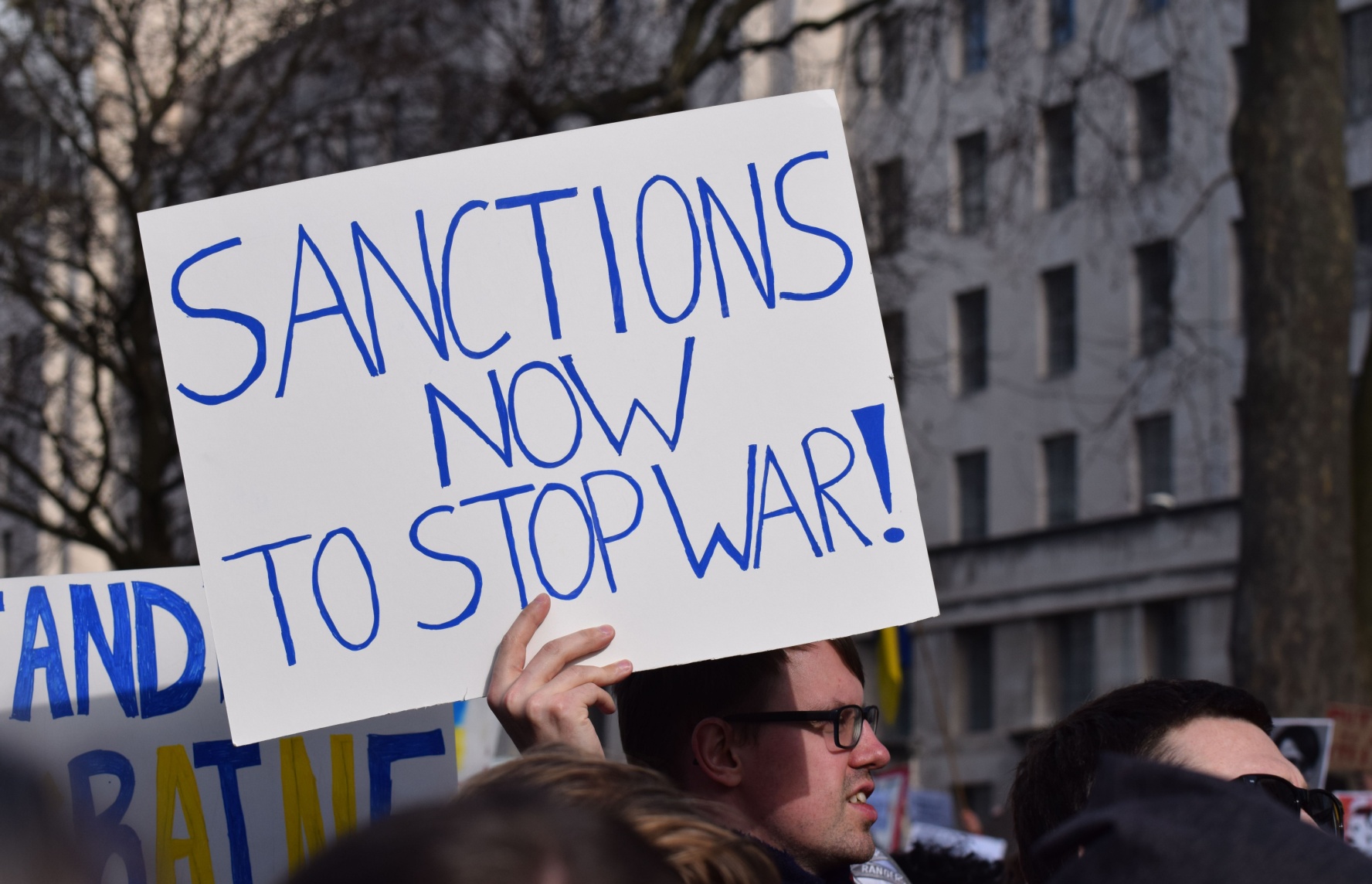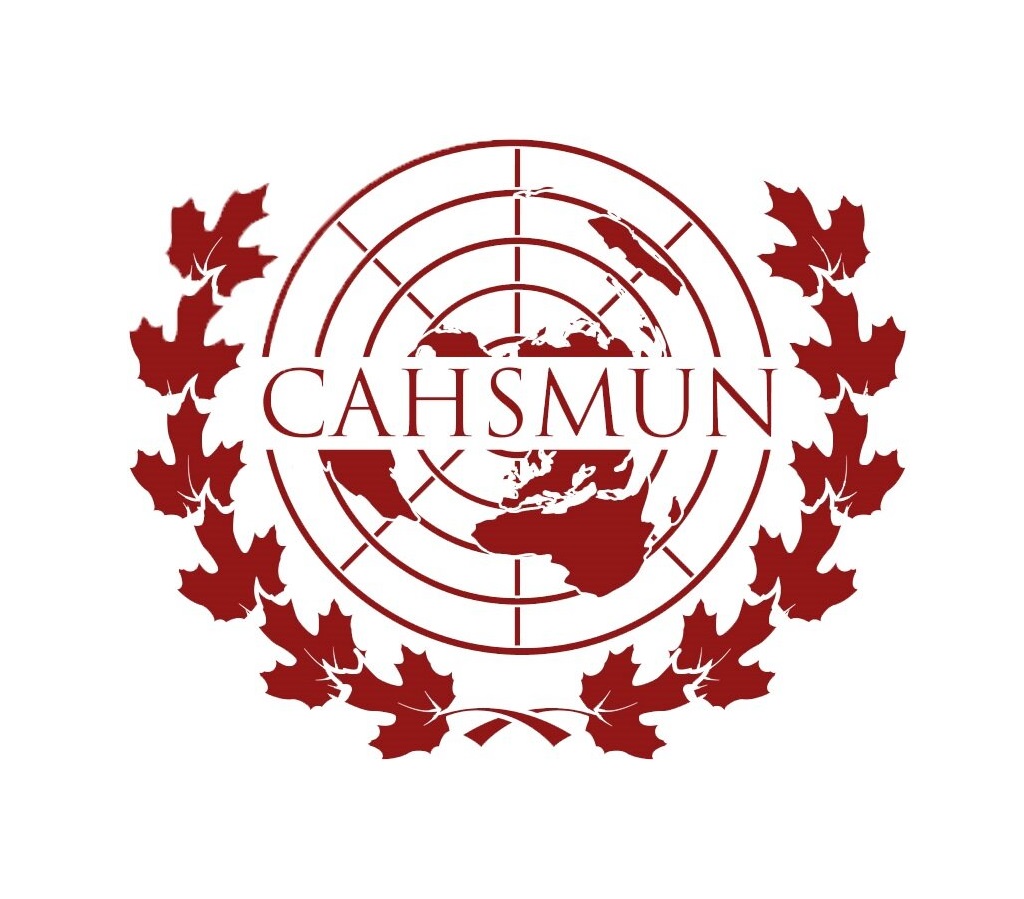ECOFIN (Xinhua)—As the countries of the Economic and Financial Committee (ECOFIN) enter their first unmoderated caucus, Blocs are seem forming around the idea of economic sanctions. In the face of armed conflicts, economic repercussions are seen affecting neighboring countries, regions, and often international stages. However, it is evident that the implementation of sanctions can also lead to detrimental effects on the country.
“We have nothing. We are still trying to rebuild our economy after the United States’ imposed sanctions” said Cuba after a decade old sanction that was placed in fear of armed conflicts.

To cease the occurrence of these conflicts, countries have divided into pro-sanction as a way to deter dispute, and anti-sanctions, where countries direct their focus towards refugee allocation, humanitarian aid, and developing infrastructure.
During the conference, China stated “We are more focused on how refugees affect the economy. It is important to communicate with other countries to find a way to support lingering refugees that are unable to obtain adequate support from certain countries.” Moreover, the development of infrastructure crucial for industrialization: “Instead of solely focusing on preventative measures, systems must be implemented to mend already broken economies”.
When asked about border conflicts, Libya referenced China’s representative government: “Near colonial borders, there are a lot of ethical groups, one government is not enough”—proposing the implementation of representative from each ethical group to minimize conflicts over political disagreements.
As ECOFIN’s committee sessions progress towards a solution, Xinhua Agency hopes to see an implementation of the non-sanction bloc’s ideas with an additional solution to decrease the probability of armed conflicts.
